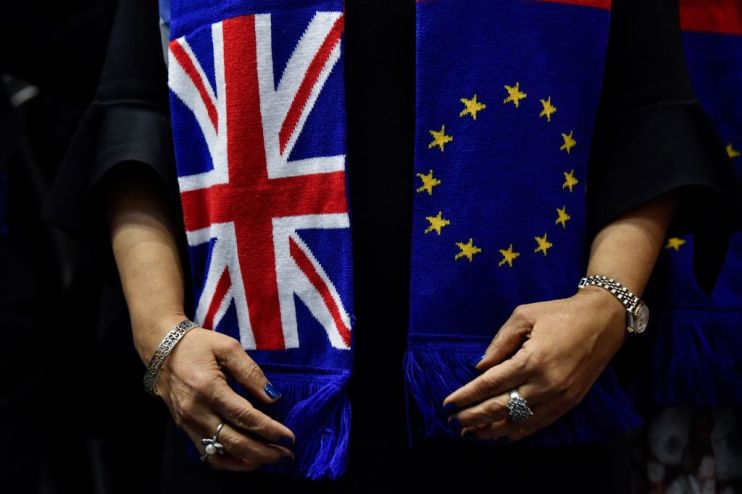Smart regulations the path to a prosperous post-Brexit future

So, it’s eeyore no more. Philip Hammond – rarely confused for a ray of sunshine during his time as Chancellor – is now taking a rather brighter view of at least one of London’s post-Brexit opportunities: as the global home of digital assets.
Good for him. For much of his spell at No.11 he saw only the problems that came with the UK leaving the European Union – so much so that The Sun once labelled him the “Remainers’ Rebel Leader.”
Needless to say, it is not an entirely optimistic Hammond that spoke to us about the future of London. He blames Brexit for distracting regulators, which may well be true.
But that even he can see a chink of sunshine through the clouds is indicative of a wider step-change in the City’s view of our departure from the European Union.
It is becoming abundantly clear that the EU’s businesses are not willing to allow the bloc’s leadership to close the door on their access to London markets – with two delays in two weeks to both the end of clearing and derivative access.
We would expect further delays, or better, a longer-term settlement. And it is also becoming apparent that the price being asked for equivalence is simply too high.
Andrew Bailey is unlikely to be anybody’s idea of a wanton risk-taker but he has, rightly, said that the most important thing for a post-Brexit Britain is the power to set its own rules, take advantage of new technologies, and remain agile when it comes to newer, digital, global ways of doing business.
Regulators have, so far, got on board; the Financial Conduct Authority’s new boss Nikhil Rathi has been clear he wants his watchdog to be a competitive advantage for Britain.
The immediate transitory effects of our departure from the EU have, in part, been hidden behind the pandemic.
But in the medium- to long term, there remain plenty of reasons to be optimistic – and grasp the opportunities afforded by new freedoms. Even Philip Hammond agrees… sort of.